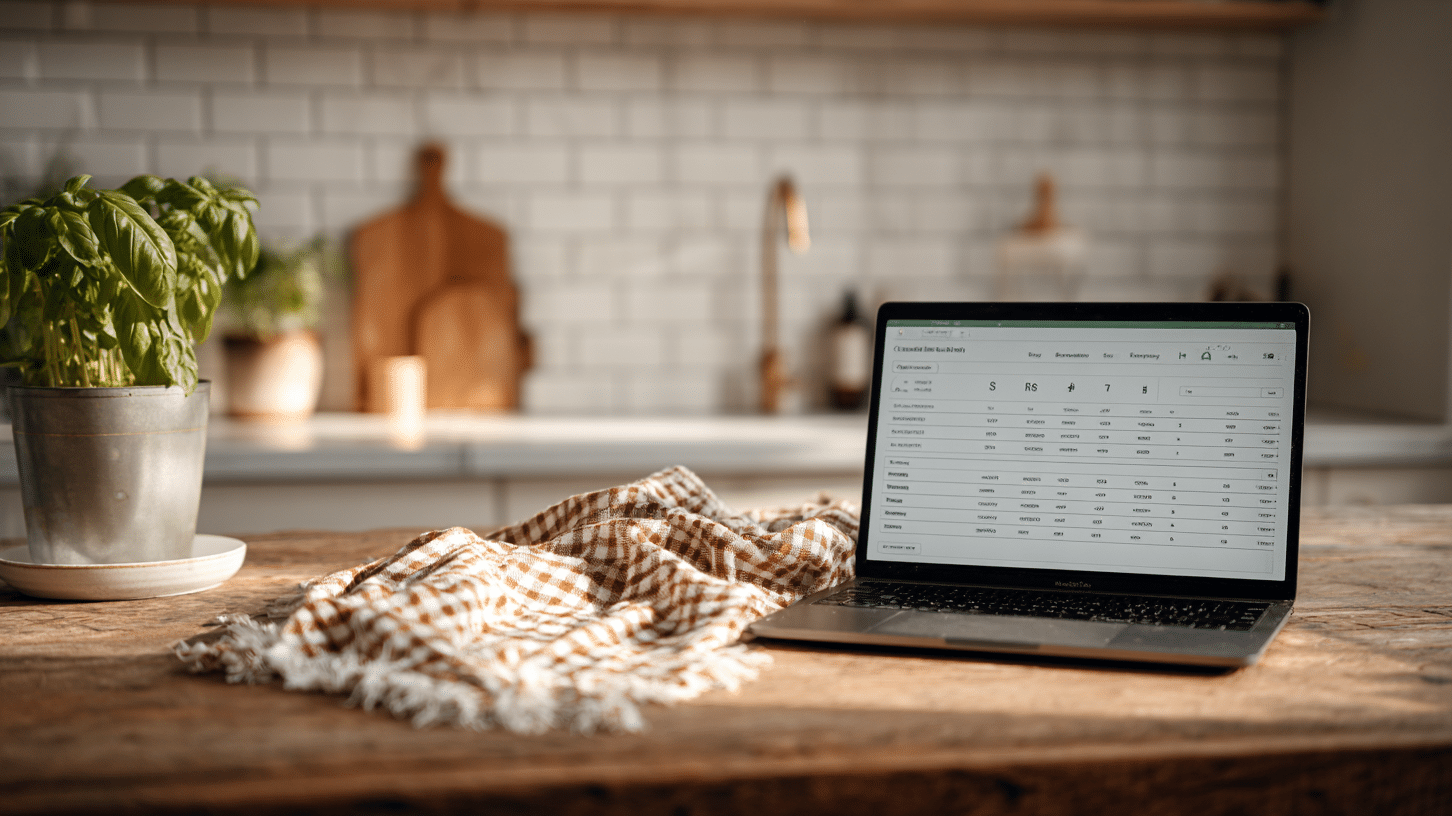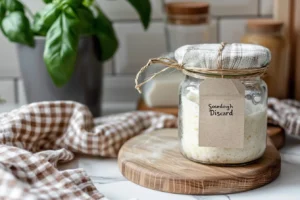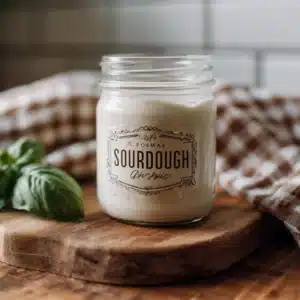Sourdough Calculator – Hydration & Recipe Scaling Tool

Use this free sourdough calculator to calculate hydration percentage, salt weight, and scaled ingredient amounts for any sourdough bread recipe. Whether you’re a beginner or a pro baker, this sourdough calculator helps you scale recipes and experiment with hydration levels easily.
Before using the calculator, make sure you understand how a starter works — see our complete guide on Sourdough Starter Fundamentals to get started the right way.
Start using the calculator right now:
Sourdough Hydration & Recipe Scaling Calculator
Enter your current recipe (grams & baker's %) and your target loaves. Results update automatically.
Inputs
Results
Recipe Composition
Shows the proportion of flour, water, starter and salt in your current dough.
Assumes starter at 100% hydration. All weights in grams.
Table of Contents
About This Sourdough Calculator
Baking sourdough bread is a balance of science and intuition — and hydration is one of the most important factors. If you’re just starting out, check out our How to Make a Sourdough Starter From Scratch and Sourdough Discard Recipes to build a strong baking foundation.
With this free tool, you can:
- Instantly calculate hydration % (including starter)
- Get exact salt amounts in grams
- See current and target dough weights
- Find your recipe’s scaling factor
- Automatically calculate scaled ingredient weights
No more guessing or manual math — this calculator updates results live as you type, so you can experiment with hydration levels and recipe sizes confidently.
How to Use the Calculator
- Enter the amount of flour, water, and starter (100% hydration) in grams.
- Add your salt percentage relative to flour.
- Set the number of loaves and target loaf weight.
- The calculator will instantly display hydration %, total dough weight, scale factor, and scaled ingredient weights.
Pro tip: Even small changes in hydration can dramatically affect your bread’s texture. Experiment and find what works best for you.
According to Bakerpedia’s guide on dough hydration, understanding water-to-flour ratio is essential for controlling fermentation, gluten strength, and final bread texture.
Why Hydration Percentage Matters
Hydration — the ratio of water to flour — influences fermentation speed, gluten strength, and crumb structure. If you want to dive deeper into how hydration affects dough handling, read our guide on Best Sourdough Inclusions: From Sweet Swirls to Savory Folds for advanced recipe ideas.
- Higher hydration doughs → more open crumb, lighter bread
- Lower hydration doughs → tighter crumb, easier shaping
Including the starter’s water content ensures you get a true hydration percentage, leading to more consistent results in every bake.
According to The Sourdough School and Perfect Loaf, hydration is one of the top three variables that determine crumb structure and oven spring.
Beyond the Sourdough Calculator: Key Foundations to Master
Once you’ve mastered hydration and scaling with the sourdough calculator, the next step is understanding the essential foundations of sourdough baking. From building a strong starter to mastering fermentation and achieving perfect crumb texture, these fundamentals will help you bake artisan loaves with confidence.
Everything You Need to Know About Using a Sourdough Calculator
What is a sourdough hydration calculator?
It’s a tool that calculates the ratio of water to flour (hydration), including starter water, and helps you scale recipes accurately
What hydration percentage is best for sourdough bread?
Most sourdough loaves range between 65% and 80% hydration. Higher hydration gives a more open crumb; lower hydration makes dough easier to handle.
Does this calculator include the starter water?
Yes. It assumes a 100% hydration starter and automatically includes its water and flour in the calculation.
Mastering Hydration: The Key to Better Sourdough
Understanding hydration is one of the most important skills for any sourdough baker. Even a small change in water content can transform the texture, flavor, and structure of your loaf. A higher hydration dough produces a more open crumb and a lighter, airier texture, while lower hydration makes the dough easier to shape and results in a denser, more structured bread. Using a reliable sourdough calculator ensures that your ingredient ratios stay accurate every time, so you can focus on perfecting fermentation, shaping, and baking. Whether you’re experimenting with whole grain flours or fine-tuning your starter’s hydration, this calculator helps you bake with confidence and consistency, loaf after loaf.
New to sourdough? Start with our beginner’s guide to sourdough starter before using this calculator.





